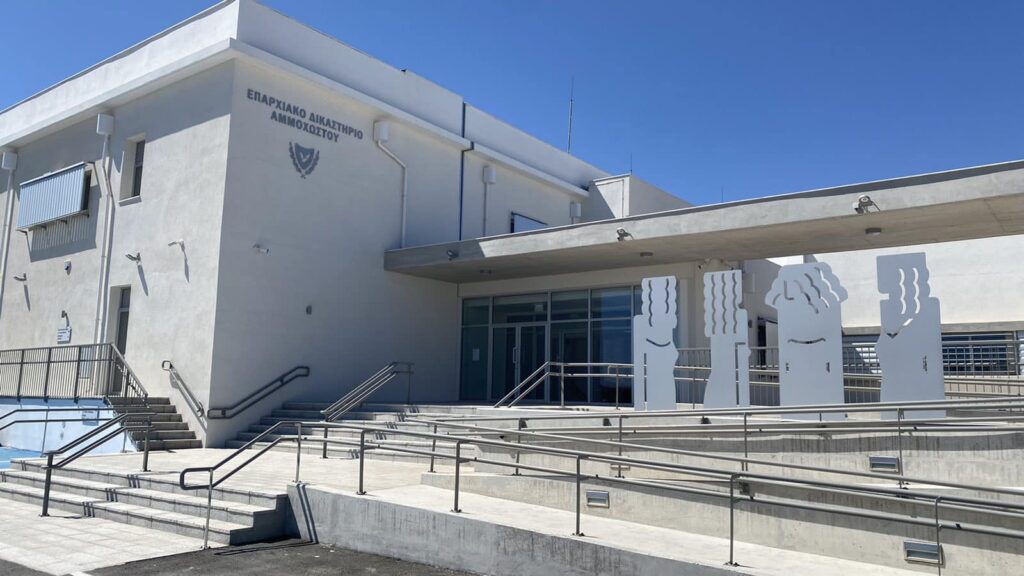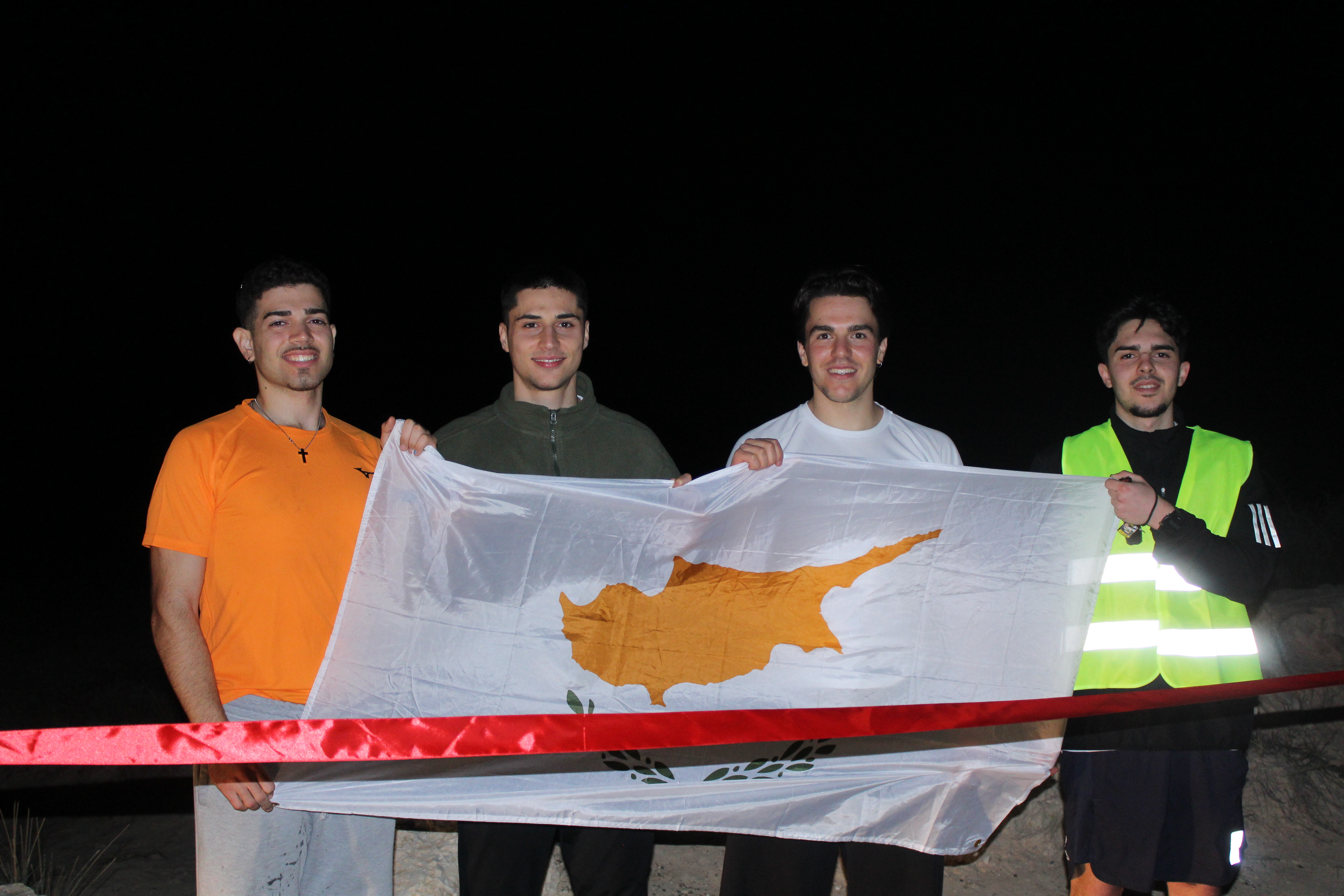Famagusta criminal court has acquitted all defendants of all charges relating to the alleged gang rape of a British female tourist in Ayia Napa in September 2023, it emerged on Monday.
The complainant, aged 20 at the time, had claimed she was sexually assaulted and raped by five Israeli nationals on September 3, 2023. The five defendants were Israeli men between the ages of 19 and 20.
The defendants had faced charges of rape, sexual abuse, forced sexual intercourse, sexual harassment and abduction.
This trial was separate to the infamous 2019 case of another alleged gang rape, also in Ayia Napa. There, 12 Israelis were initially arrested but were released and the victim became the suspect, after she was charged with public mischief and found guilty of lying.
In the 2023 case the British tourist, who was holidaying in Ayia Napa at the time, alleged that during the course of a party taking place in a hotel she had been led to a room by force, and then gang raped by the five men.
Part of the trial was held behind closed doors.
In its judgement, the court cleared all five defendants of all the charges, finding that the woman’s testimony to be not credible and rife with inconsistencies.
The court noted that, although the complainant’s testimony relating to identifying persons and matching actions to them was “inherently weak”, it nevertheless recognised that identification may be difficult and therefore misidentification was “not abnormal” in such circumstances.
“Her credibility was not assessed mechanistically, but rather by the substance of the events she recounted…” the court said in its ruling.
Nevertheless, the woman’s testimony was inconsistent and suffered from multiple contradictions, which made it difficult during the trial to come to safe conclusions regarding contentious issues – such as the issue of consent for sexual intercourse.
The court cited examples of these inconsistencies in the complainant’s testimony. Her allegation that she was dragged by force from the hotel’s swimming pool to a hotel room was deemed not credible. At least 100 individuals were present at the party, including a close friend of the woman who saw her “simply going up to the room with another person”.
Initially the woman told a police officer that she had unwanted sex with only one person, later changing her story claiming she had intercourse with two persons.
In her first written deposition to police, she claimed that three persons performed sexual acts on her in the hotel room, and that a fourth person who subsequently entered the room did not do anything to her. At this point, the complainant had not mentioned a fifth person.
In a subsequent statement to police, she claimed five persons engaged in sexual intercourse with her. This would have included the fourth person she previously said had not touched her, plus the fifth person she had earlier not even mentioned being there.
The court also found not credible her assertion that during the alleged incident she had been screaming in a bid to draw attention to her situation. At the time, two persons were staying in the next-door room but reported hearing no screaming.
In addition, uncertainty was cast on the woman’s allegation that one of the persons inside the room would occasionally open the door to let in more individuals.
The court said doubts over the woman’s account were “heightened” due to the “obscure and erratic explanations” that she gave for her contradictory testimony.
“Ultimately, this led the court not to be able to understand the reason why she made these contradictory references in relation to the identifications [of the alleged guilty persons].”
Further, although lab tests verified the woman had imbibed “significant amounts of alcohol” and was also under the influence of narcotics (MDA and Mdma), this was not to a degree that would deprive her of the ability to consent to sex – since she herself said she felt only “slightly drowsy” at the time.
Lastly, the court stated that it could not be safely determined whether abrasions found on the woman’s body were sustained during the sexual encounter.
In the 2019 case, police handling of the case came under scrutiny as the victim subsequently said she retracted her rape allegation statement statement under duress. The victim returned to the UK shortly after sentencing and vowed to clear her name.
The supreme court ultimately overturned the conviction amid widespread condemnation of how authorities handled the case.







Click here to change your cookie preferences